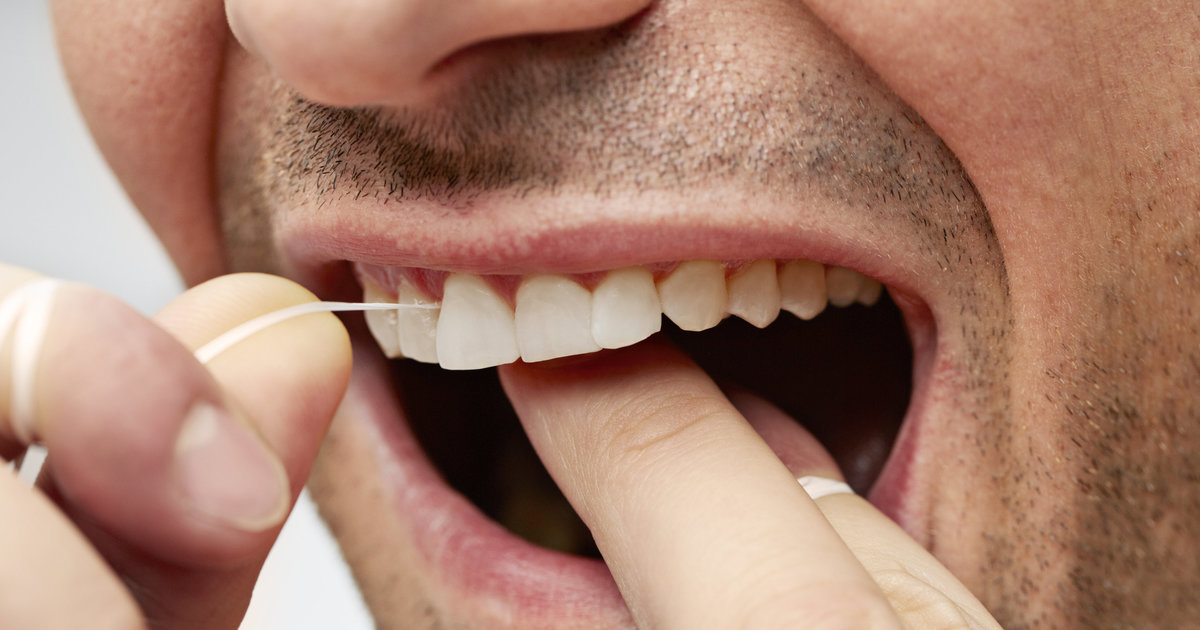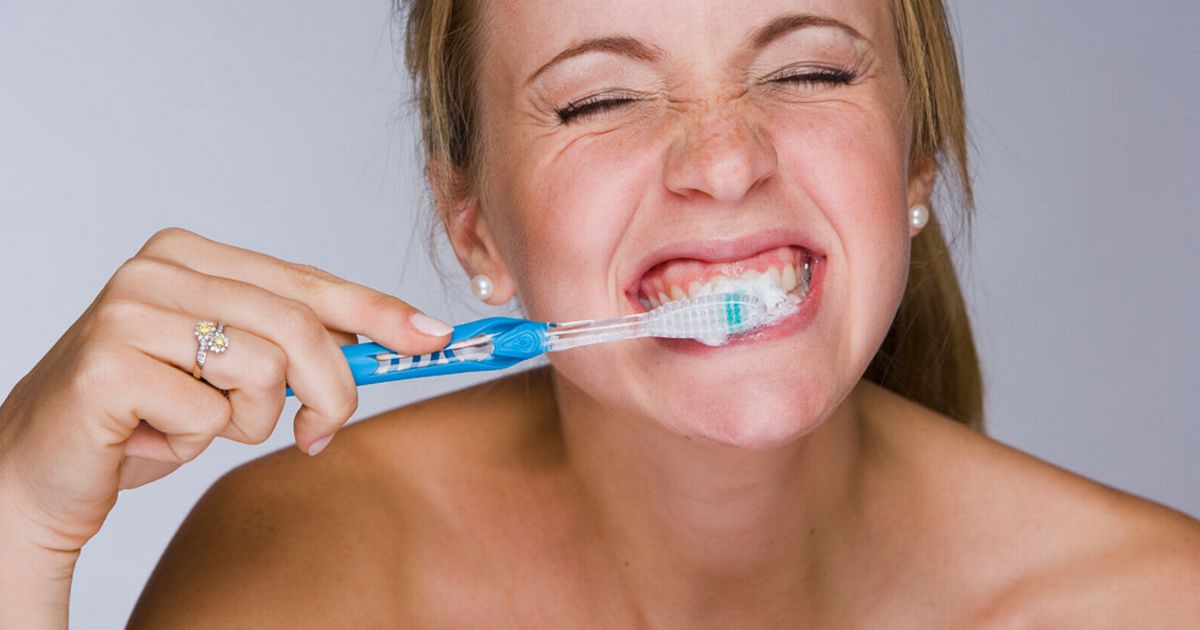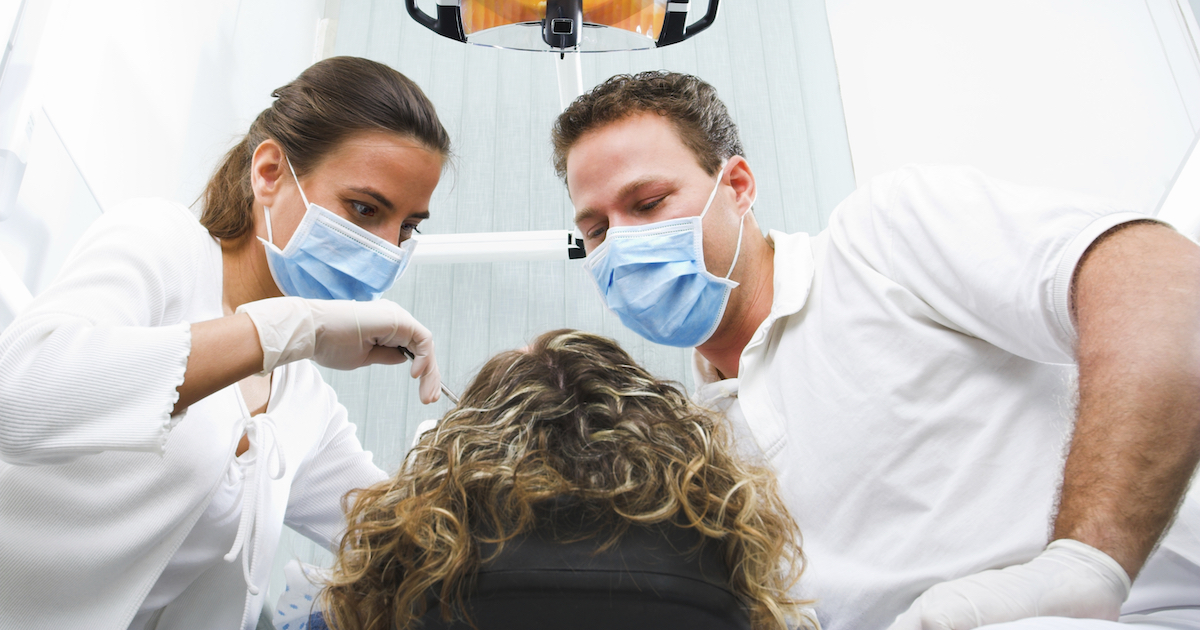Best Routines For Dental Health
A bright and healthy smile isn't just great for appearance. Maintaining dental health is essential to overall health. If your mouth is filled with bacteria from infections and decay, that bacteria will be swallowed down into your stomach on a daily basis. This bacteria will then spread through your bloodstream to attack other areas of your body, including your organs. Periodontal diseases and dental bacteria also adversely affect unborn children in pregnant women. Implement and adhere to daily dental health routines to keep your smile beautiful and your mouth healthy.
Floss Daily

One of the most important tools you can use on a daily basis to maintain optimal dental health is a cartridge of dental floss. Dental floss is more than just a string of plastic coated in wax. This essential dental tool helps to prevent gum disease and tooth decay by removing plaque and food particles from between the teeth. When you floss daily, you are removing pieces of food that house bacteria, germs, and other contaminants. These contaminants will cling to the outside of your teeth and promote the decay of enamel. This will, in turn, allow other harsh substances to seep into your teeth and cause them to rot from the inside out. Plaque accumulation will cause the same prolific amount of tooth decay in addition to causing gingivitis, an infection of the gums. Flossing after every meal is the best routine to adopt for optimal dental health.
Get familiar with the next routine for optimum dental health now.
Always Brush Before Bed

Brushing your teeth before bed provides many benefits to your dental health. Making sure to always brush before bed ensures there are fewer bacteria in your mouth while you sleep. This is important because bacteria in your mouth multiply at an accelerated rate while you sleep. These bacteria will be allowed to attack your gums and teeth for several hours straight every night, leading to an increased risk of developing gum disease and tooth decay.
Additionally, brushing your teeth before bed removes excess sugars from your mouth left behind by food and drink. This sugar will also accelerate tooth decay. Saliva production also slows dramatically while you sleep. Saliva is your mouth's natural neutralizer of sugars in the mouth, so falling asleep with food residue and sugar in your mouth is a recipe for an unhealthy mouth.
Reveal the next strategy for dental health now.
Practice Proper Brushing Techniques

Many individuals think practicing proper brushing techniques requires them to only focus on learning the proper strokes for thoroughly brushing and cleaning their teeth. While learning the proper strokes is one portion of proper brushing techniques, it is not the only one. It's also important to learn how often to brush your teeth and how to safely do so as well. As far as proper brushing techniques go, dentists recommend using short, gentle horizontal strokes to brush your teeth. Individuals should also pay attention to the gum line and the small nooks in the back of the mouth and use gentle pressure to prevent causing gum recession and tooth damage.
It is also recommended to brush twice a day, the most popular times for which are in the morning after breakfast and before bed. After brushing your teeth with toothpaste, do not rinse out your mouth, since, for the fluoride in your toothpaste to strengthen your teeth, the toothpaste residue must remain on your teeth. Don't neglect to brush or scrape your tongue daily as a preventative measure, as the small grooves in your tongue catch bacteria and food particles that turn into bad breath and allow for the accumulation of acids.
Get to know more of the best dental hygiene routines to implement now.
Limit Acidic And Sugary Foods

Unfortunately, your favorite foods and drinks can actually be putting your dental health at the most risk. The bacteria that clings to teeth and causes tooth decay feeds on the sugar contained within what you eat and drink. As the bacteria in the mouth consume sugar, they produce an acid that attacks and weakens tooth enamel. Thus, the more sugar you eat and drink, the more acid your mouth bacteria will produce.
Additionally, the acidic foods and drinks you consume also play a negative role in tooth decay and the weakening of enamel. Fruit juices, energy drinks, and soft drinks all contain high amounts of sugar that enable bacteria to produce enamel-destroying acid for up to twenty minutes. Food high in carbohydrates, like bread and sweets, also contain high amounts of sugar that accelerate acid production. Alcohol, coffee, citrus fruits, and anything tomato-based are commonly consumed acidic foods and drinks that will adversely affect the health of your teeth.
The best routine to benefit dental health is to limit acidic and sugary foods in your daily diet. You don't have to refrain from eating and drinking your favorite foods and drinks entirely. Simply reduce your intake of sugary and acidic foods whenever possible.
Learn more about improving dental health through simple routines now.
Make Regular Dentist Appointments

The daily dental health routines you perform at home go a long way in preventing common dental health issues from forming. Unfortunately, at-home dental health routines aren't fully capable of preventing all periodontal diseases and conditions. Everyone needs to make regular dentist appointments to ensure their teeth are cleaned and examined for signs of cavities and gingivitis and they receive regular fluoride treatments to strengthen them as well. Regular dentist appointments are also opportune times to inquire about elective dental procedures such as teeth whitening, dental braces, and other cosmetic procedures that improve the overall appearance of your smile. The American Dental Association recommends discussing with a dentist how often dental visits should occur. The typical frequency for dental visits is twice a year for cleaning and routine examinations. Smoking, diabetes, and other health issues that adversely affect oral health could cause your dentist to request you visit them more often so they may monitor you for changes in your health.